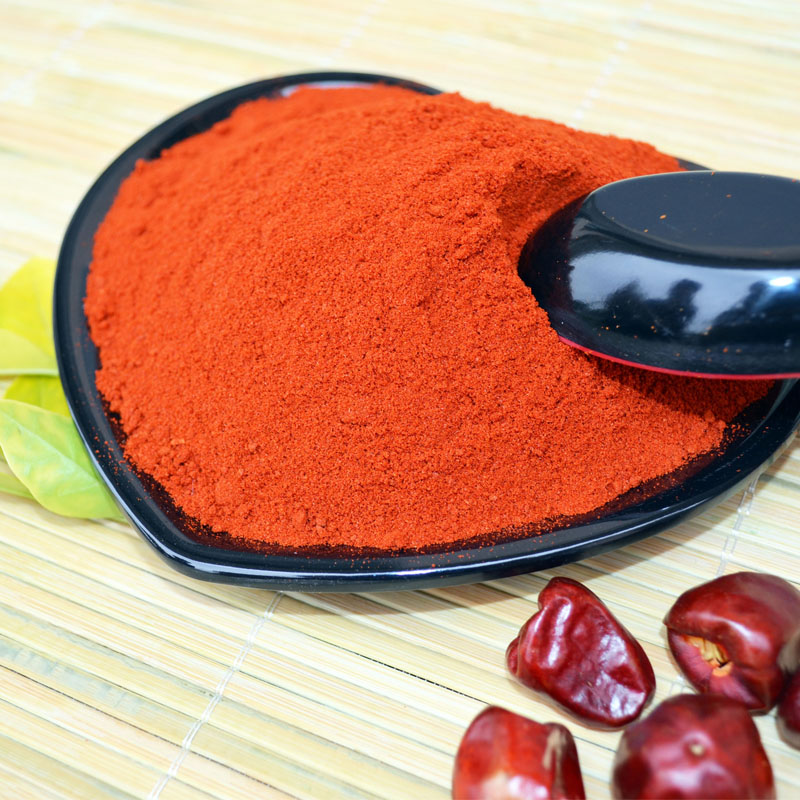- No. 268 Xianghe Street, Economic Development Zone of Xingtai city, Hebei 054001 China
- Byron@hbhongri.cn
Spiced Herbal Blend for a Refreshing Cup of Paprika Infused Tea
The Delightful World of Paprika Tea
In recent years, the world of beverages has expanded far beyond the traditional cup of tea or coffee. One of the most intriguing newcomers to the scene is paprika tea, a unique infusion that combines the vibrant flavors of paprika with the soothing qualities of tea. This article delves into the origins, preparation, health benefits, and cultural significance of paprika tea.
Origins of Paprika Tea
Paprika, a spice made from ground sweet or hot pepper, has its roots in Central America and was brought to Europe in the 16th century by Spanish explorers. Over the centuries, it has become a staple in Hungarian cuisine, where it is used to flavor stews, soups, and a variety of dishes. The idea of infusing paprika into tea is not widely known, yet it reflects a growing trend of exploring unconventional ingredients in beverage preparation.
How to Prepare Paprika Tea
Making paprika tea is simple and can be tailored to individual taste preferences. Here’s a straightforward recipe to get you started
Ingredients - 1 teaspoon of paprika (preferably smoked for a deeper flavor) - 1 cup of boiling water - Honey or sugar (optional) - A slice of lemon (optional) - Cinnamon stick or a pinch of cayenne (optional for added spice)
Instructions 1. Boil water and let it cool slightly (around 200°F or 93°C is ideal). 2. In a teapot or a heatproof cup, add the paprika. 3. Pour the boiling water over the paprika and allow it to steep for about 5 minutes. 4. Strain the liquid to remove the paprika particles. 5. Sweeten with honey or sugar if desired, and add a slice of lemon for an extra zing. 6. For those who love a bit more heat, consider adding a cinnamon stick or a pinch of cayenne pepper.
The resulting beverage has a warm, earthy flavor with a hint of sweetness, making it both comforting and invigorating
.paprika tea

Health Benefits of Paprika Tea
Paprika is not just a flavorful spice; it also boasts several health benefits. Rich in vitamins A, C, and E, paprika is known for its antioxidant properties, which help combat free radicals in the body. Incorporating paprika into your diet can support immune function and skin health.
Furthermore, paprika may have anti-inflammatory properties, making paprika tea a potential remedy for those suffering from chronic inflammation or digestive issues. The combination of warm tea with the spices from paprika can also aid in digestion by stimulating the production of digestive enzymes.
Cultural Significance
In Hungary and other Eastern European countries, paprika has long been a beloved ingredient. However, the concept of drinking it as tea is still relatively novel. As global cuisines continue to merge, paprika tea stands at the intersection of traditional and modern practices, symbolizing the creativity within the culinary world.
In addition to its flavors, paprika tea can evoke a sense of comfort and nostalgia. For those who have enjoyed paprika-laden dishes throughout their lives, sipping on paprika tea can be reminiscent of family gatherings, warm meals, and cultural heritage.
Conclusion
Paprika tea is more than just a drink; it is an exploration of flavors and aromas, offering a unique and comforting experience. As we continue to seek out diverse tastes and health benefits in our daily lives, paprika tea presents an exciting option for those willing to venture beyond the conventional. With its easy preparation and rich history, it invites tea lovers and curious gastronomes alike to discover a new favorite beverage. So next time you find yourself in need of a warm refreshment, consider brewing a cup of paprika tea. Its spice may just surprise you!







